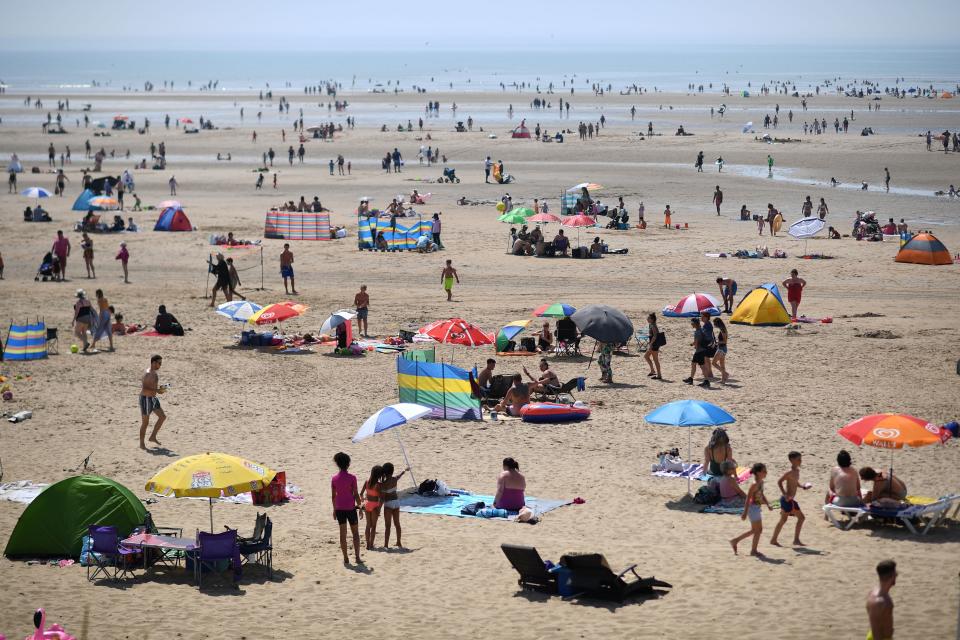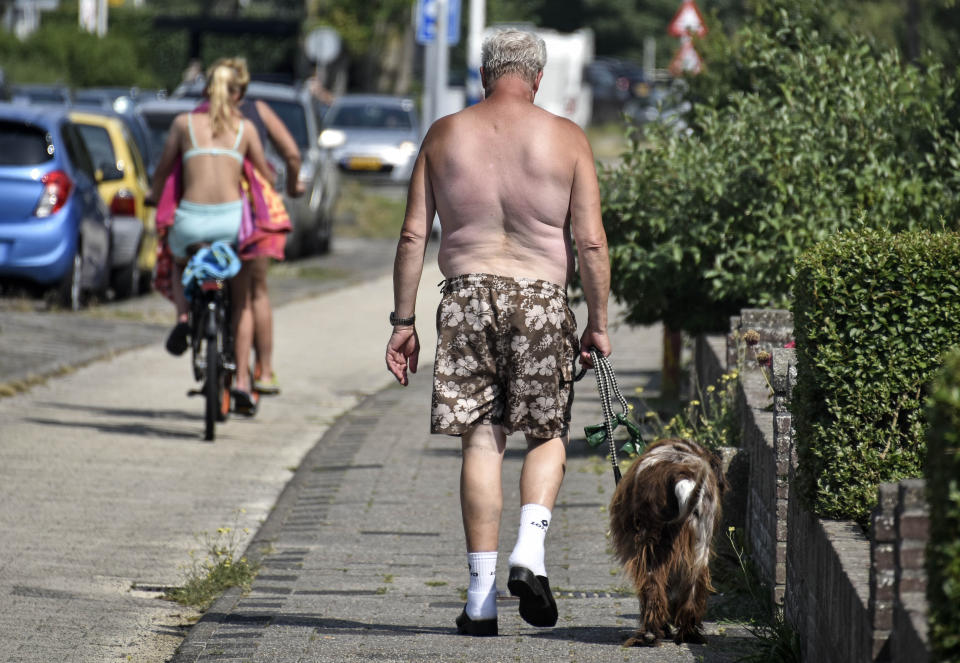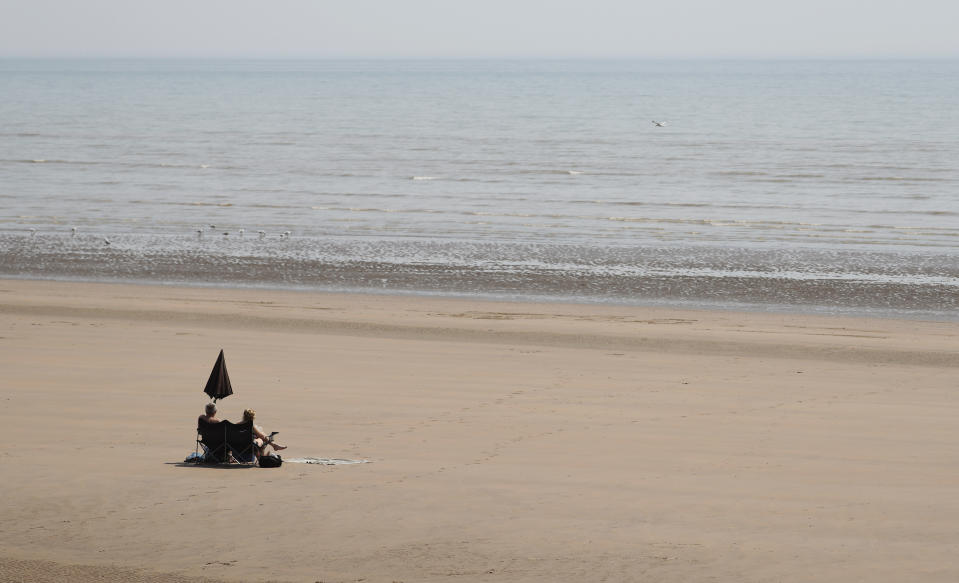July heatwave 'would've been 3C cooler without climate change' warn experts

The extreme hot weather that gripped Europe in July may have been 3C (5.5F) cooler if climate was not rapidly changing, according to experts.
A new report from World Weather Attribution states there is "extremely little chance" of temperatures reaching record breaking highs if humans had not made an impact on climate.
On July 25, a record-breaking temperature of 38.7C (101.66F) was registered at Cambridge University Botanic Garden - which exceeded the previous UK high of 38.5C (101.3F) set in Faversham, Kent, in August 2003.

Temperatures recorded in France and the Netherlands, which went above 40C, would only occur once every 1,000 years without climate change, the report said.
Hot spells similar to the record breaking temperatures experienced in the UK and Germany would only occur around every 50 to 100 years if global warming was not forcing up heat.
Read more:
Are we now set to face extreme summer temperatures every year?
Britain bakes during second hottest day ever
'Severe thunderstorms' cause travel chaos for hundreds at Heathrow
The new study also said every heatwave in Europe since 2003 was found to have been made “much more likely and more intense due to human-induced climate change”.
A World Meteorological Organisation report published on Thursday said the July heatwave was “accompanied by dramatic ice melt in Greenland, in the Arctic and on European glaciers”.

But the latest report said some of the temperatures broken during the recent heatwave had stood since the 1950s “with some stations setting new records that have continuously been monitoring the weather for more than 200 years”, including Oxford.
The authors said: “While the new records made headlines, such extreme temperatures are dangerous, in particular when prolonged over several days and nights".
They added that heatwaves can “increase mortality” and “pose a substantial risk to human health and are potentially lethal”.

The danger to life posed by heatwaves is aggravated by an ageing population and more people living in cities where temperatures can be higher, according to the researchers.
The elderly, who are living alone in increasing numbers, are among the most vulnerable to extreme heat conditions.
The report read: “Heatwaves are known to increase mortality, especially among those with existing respiratory illnesses and cardio-vascular disease."

Oxford University climate researcher Dr Friederike Otto, who worked on the paper, said urbanisation makes heatwaves more severe as less space is taken up by forests and greenery.
This also means more people are exposed to the higher temperatures typically experienced in cities
The June and July heatwaves were caused in part by a low-pressure weather system developing offshore

 Yahoo News
Yahoo News 
